Description
A good example of traditional Papua New Guinea coffee. Similar to its Indonesian cousins except washed processed: fuller bodied, lower acidity, chocolate and earth.
Goroka, the closest urban center to Bena Coffee Farm, is one of the main highland towns on the westbound Highlands Highway—the rugged, and only, official route connecting the East coast of Papua New Guinea (PNG) and its industrial port of Lae with the island’s central rainforests. Goroka is a small trading city erected in an oval around its central airstrip. It is also the industrial center to a significant portion of the country’s coffee consolidation and upstream purchasing. From its earliest introduction to present day, the arabica gene stock in the Eastern Highlands is considered to be one of PNG’s strongest natural assets, not to mention one of the best-preserved typica lineage variety sets in the world. And these delicate genetics clearly thrive in the country’s highlands, which are some of the most virgin and fertile on the planet.
To learn more about PNG’s unusual coffee industry, check out our recent blog article “The Wild West of Coffee Production.”
Tasting Notes: Great from medium to dark roasts. The cup is fuller bodied and a bit creamier, lower acidity and rich. At lighter roasts, a little acidity can be found which brings small notes of nutty, caramel and floral tones but will have an earthier terroir. Anything even into the medium roast range is chocolaty and smooth with just a pinch of an herbal spice note. Darker roasts get a bit fuller bodied and roasty with some nice smoky accents.
Roasting Notes: Easy to roast, a nice processing batch. Roasts fairly even and is tasty at a little fuller roast points. For a milder everyday drinker, a nice stronger medium roast (a little before 2nd crack) is good. Darker roasts (into 2nd crack) get bolder and a little more semi-sweet chocolaty but the roasty notes compliment the cup and darker roast fans will love it.
Between World Wars I and II, Australian settlers would establish more and more large coffee estates in the Eastern Highlands. As commercial exports ramped up, more indigenous Papuans would adopt coffee as a cash crop alongside their traditional economies, in most cases processing at home and selling humid parchment to traveling collectors. For hundreds of thousands of rural farmers coffee would be, and still is, the very first and only source of western currency.
To this day expert-level cultivation knowledge largely remains in the possession and experience of PNG’s plantation owners. Remote smallholder coffee tends to fall short of its potential, receiving only scarce quality interventions from ambitious millers and exporters. And, in this case, larger landowners. Bena Coffee Farm, about ten miles Southeast of Goroka, is a hybrid model for PNG: a 33 hectare private estate whose coffee is sub-divided into individual family-run plots for direct management, many of which have been cared for by the same family for two generations.
Coffee was first planted at Bena in the early 1990s, and has grown over time as coffee continues to be planted anew. Each participating family unit manages their individual block within the greater farmland. This includes coffee plant management (pruning, weeding), soil drainage and overall health, fencing, and canopy management. Canopy tends to made up of leguminous nitrogen fixers such as Casuarina, Albizia and Lucina trees, and common subsistence crops like banana and taro are frequently interplanted. Coffee on Bena Coffee Farm, while tended in small individual plots, is processed as is typical among smallholders in PNG: cherry is picked and hand-pulped on site, and then fermented dry in small plastic tubs or bags between 36-48 hours. Clean water is used to wash the fermented parchment, after which the parchment is sun-dried on raised beds for an average of 7-10 days. Finished dried parchment is packed in clean jute bags and kept in designated storage houses on individual farms, until delivery to the central dry mill for quality control and final processing for export.
The farm is planning to establish a centralized wet mill for cherry processing for all participating farmers, with the goal of increasing quality and lowering overall processing costs for the community. Additionally, Bena plans to achieve Organic, Fair Trade, and Rain Forest Alliance certifications for all farmers in charge of plots on the property.
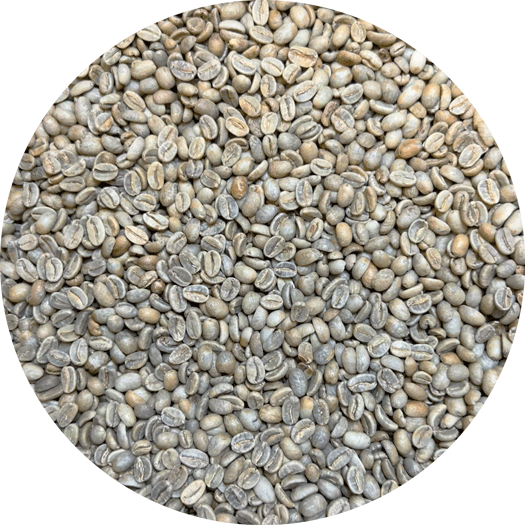
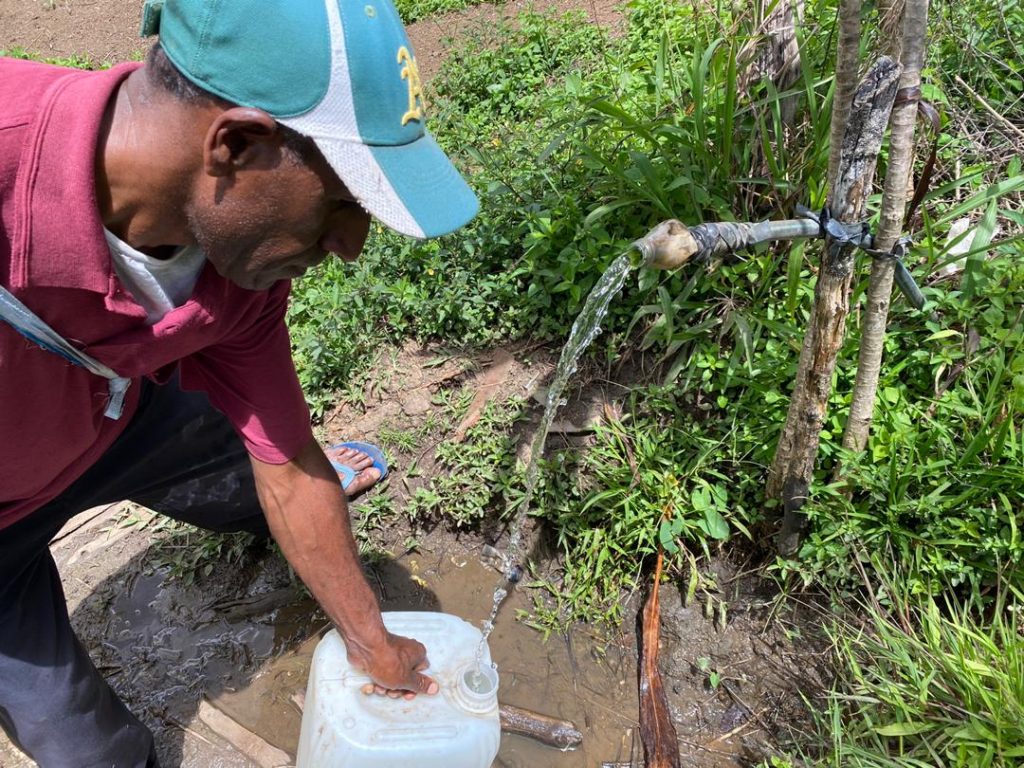
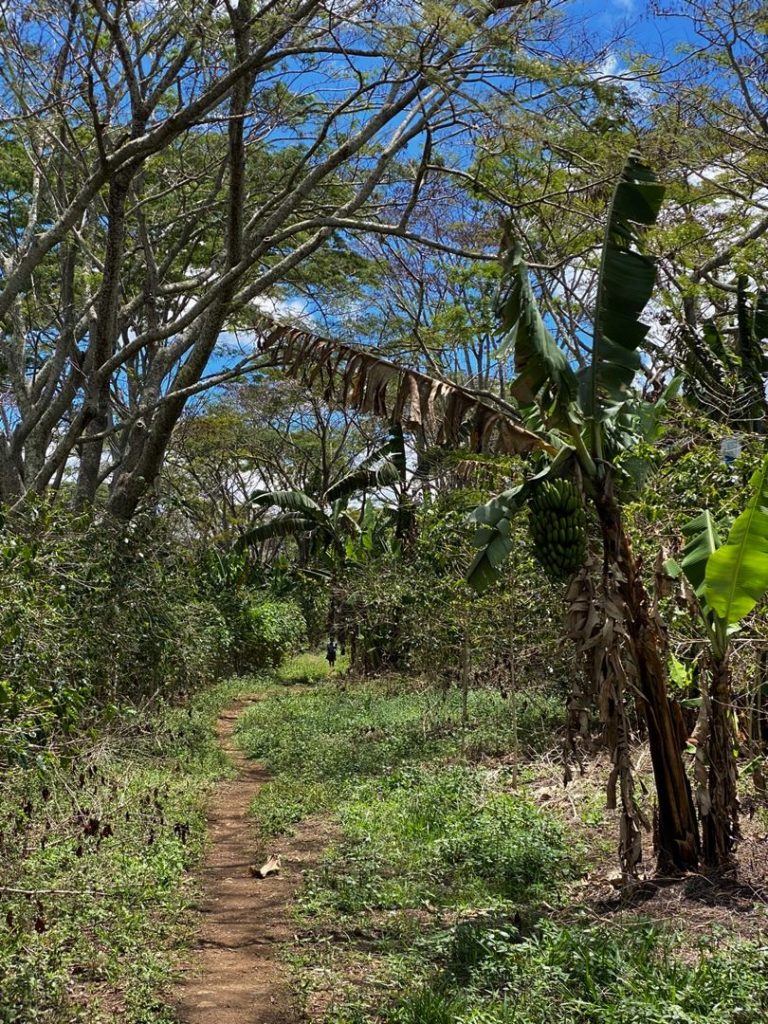
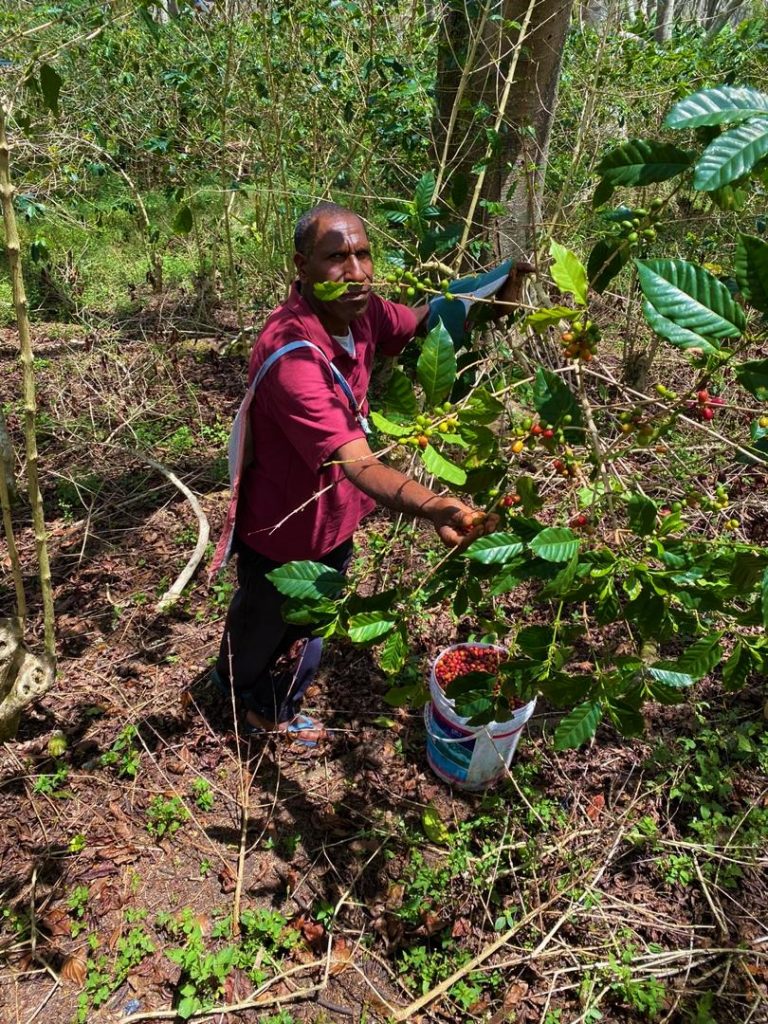
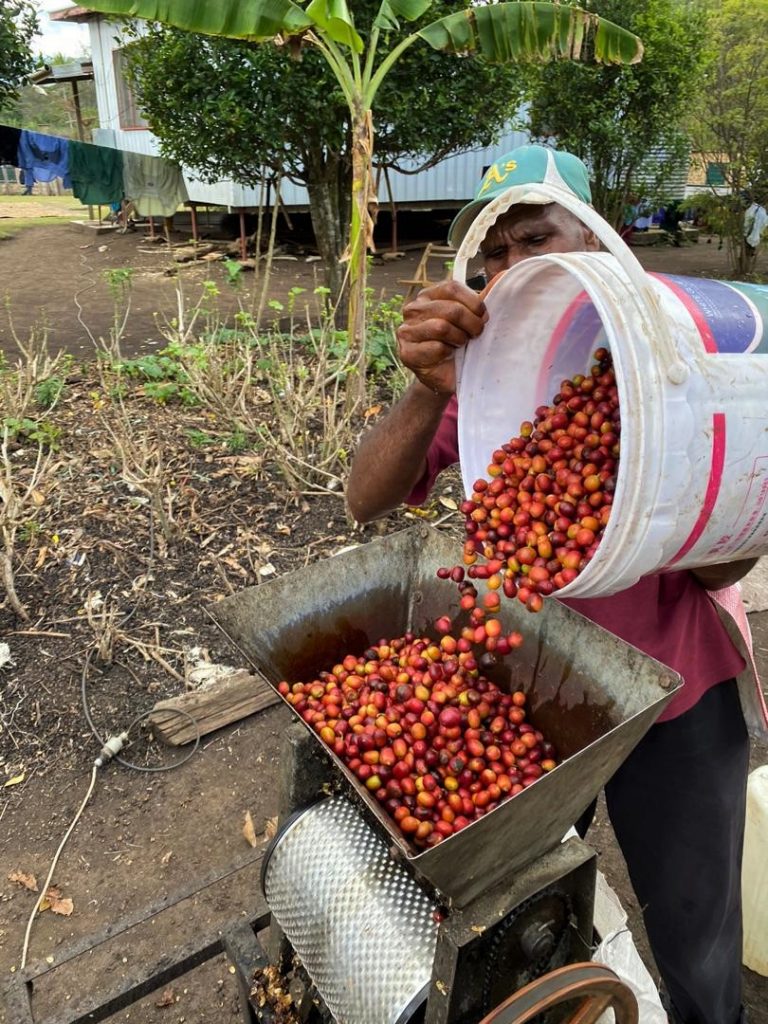
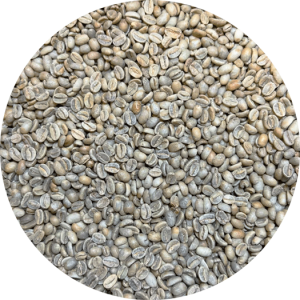
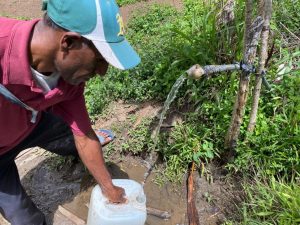
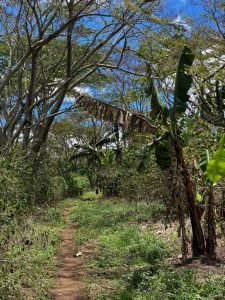
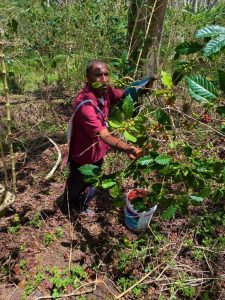
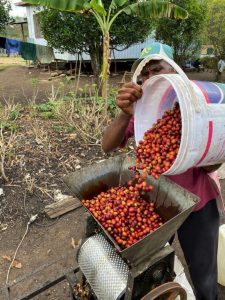
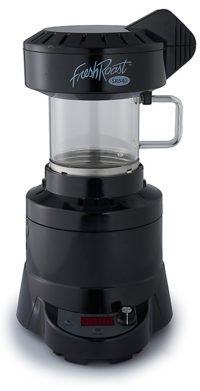
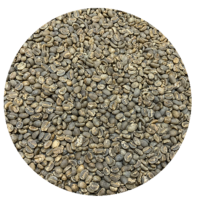
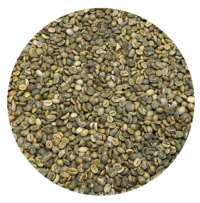
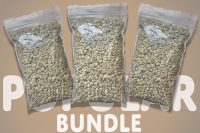

Reviews
There are no reviews yet.